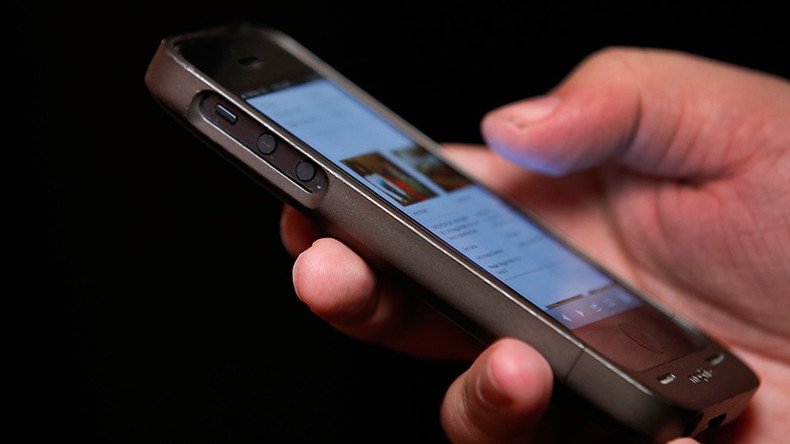‘Blue magic’: Algeria opens ‘Facebook addiction’ clinic

When someone says they’re an addict, people usually think drugs or alcohol, or maybe even porn, but the fight for some is with Facebook and the people of Algeria have made a stand by opening a clinic to help people overcome the addiction.
Algeria joins a growing list of countries around the world to open such a clinic in the hope of helping those with a “Facebook dependency.”
The private clinic opened in May in the eastern city of Constantine with a number of addiction specialists and psychologists leading treatments, according to The New Arab.
Share this: Acid for breakfast may kick Facebook addiction https://t.co/oZnZ9iYXhQpic.twitter.com/ceTC7vK3aN
— RT America (@RT_America) March 17, 2016
“There is some danger in underestimating the damage of Facebook addiction compared to the risk of physical drugs,” said Human development scientist Raouf Boqafa, director of the clinic.
The North African country has around 10 million Facebook users, which is about 25 percent of the population, and the number of users is growing by around 10 percent year on year.
“Facebook Addiction Disorder” is a mental
— Sir Ezer (@Kipezer) June 4, 2016
disorder identified by Psychologists.#FactsWithGicinga
Then, #Facebook addiction. It was a joke, but now it becomes a serious problem. FB can leave you with anxiety and insecurities @PRESUNIV
— Mohammad Shihab (@shihabmohammad) May 31, 2016
While such interest in the social network is not uncommon, Boqafa is of the belief that Facebook poses a greater danger than the use of “black magic.”
Describing the effects of addiction as the cause of “blue magic... the magic of Facebook and the wider internet,” Boqafa’s treatment programme aims to “reduce the psychological, social, and security damage experienced by one who lives in the virtual world."
As well as becoming more removed from the “real world,” Boqafa says that “Facebook addicts” are more susceptible to being brainwashed by extremists groups who use the web as a recruitment tool.












